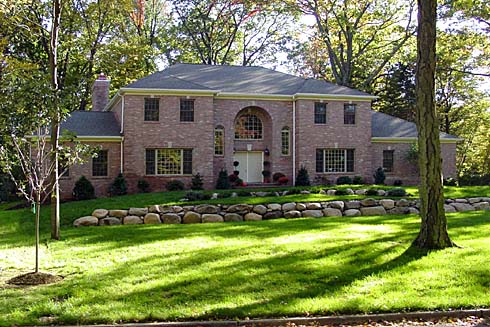BUY-BACK AGREEMENT
A buy-back agreement, also known as a lease-purchase agreement, is a contractual arrangement commonly utilized in real estate transactions.
This arrangement enables a potential buyer to lease a property for a specified period with the option to purchase the property at a predetermined price at the end of the lease term. The buy-back agreement offers flexibility to both the seller and the potential buyer, providing an opportunity for the buyer to test the property before committing to a purchase, while allowing the seller to secure a potential buyer and earn rental income in the interim.
Key Components of a Buy-Back Agreement
Lease Period:
The agreement outlines the duration of the lease, during which the potential buyer occupies the property as a tenant.
Purchase Option:
The agreement includes a provision granting the potential buyer the right, but not the obligation, to purchase the property at a predetermined price upon the expiration of the lease term.
Rent Payments:
The terms of the lease, including the amount of rent and any portion of the rent that may be credited toward the property purchase, are stipulated in the agreement.
Maintenance and Repairs:
Responsibilities for property maintenance, repairs, and utilities during the lease period are typically defined in the agreement.
Benefits for Buyers and Sellers
Buyers
Opportunity to test the property before committing to a purchase.
Opportunity to test the property before committing to a purchase.
Potential to accumulate funds for a down payment through rent credits.
Locking in a purchase price, protecting against potential future property value appreciation.
Sellers
Securing a potential buyer and earning rental income during the lease period.
Preserving the property's value by keeping it occupied and maintained.
Potentially achieving a higher sale price due to the locked-in purchase price.
Considerations for Both Parties
Legal Implications:
It's crucial for both parties to seek legal counsel to ensure that the terms of the buy-back agreement comply with local real estate laws and regulations.
Property Appraisal:
Determining the purchase price at the end of the lease term should involve a professional property appraisal to establish fair market value.
Financial Implications:
Buyers should assess their financial readiness to exercise the purchase option, considering factors such as creditworthiness, mortgage eligibility, and affordability.
Conclusion
Buy-back agreements offer a versatile and mutually beneficial option for real estate transactions, providing flexibility and security for both buyers and sellers. By clearly outlining the terms, rights, and obligations of each party, buy-back agreements can facilitate a smooth and transparent transition from leasing to property ownership.
Understanding the nuances of buy-back agreements is crucial for both buyers and sellers to navigate this alternative path to homeownership or property sale. Seeking professional advice and conducting thorough due diligence are essential steps in leveraging the potential benefits of buy-back agreements while mitigating associated risks.
If you have any further questions about buy-back agreements in real estate or need additional information, feel free to reach out.
MORE REAL ESTATE TERMS
A, B, C, D, E, F, G, H, I, J, K, L, M, N, O, P, Q, R, S, T, U, V, W, X, Y, Z
Featured New Home

Featured Mortgage Brokers
- ACADEMY MORTGAGE CORPORATION, CINCINNATI, OH
11590 CENTURY BLVD STE 112
CINCINNATI, OH 45246 - FLAGSTAR BANK FSB, VIENNA, WV
510 GRAND CENTRAL AVE
VIENNA, WV 26105 - Altamont Mortgage Funding Inc, mortgage broker in Portland, OR
4380 SW Macadam Ave Ste 125
Portland, OR 97239 - PRIMARY RESIDENTIAL MORTGAGE INC, SAN FRANCISCO, CA
1746 18TH ST
SAN FRANCISCO, CA 94107 - OPEN MORTGAGE LLC, CORONA, CA
1840 ROCKCREST DR
CORONA, CA 92880